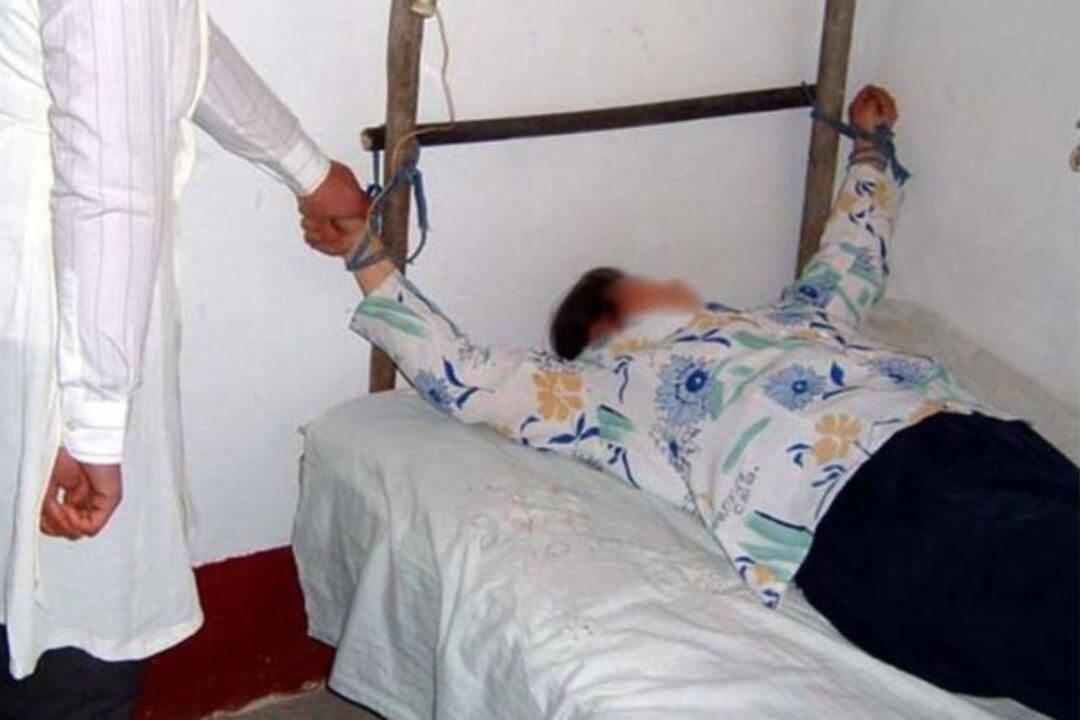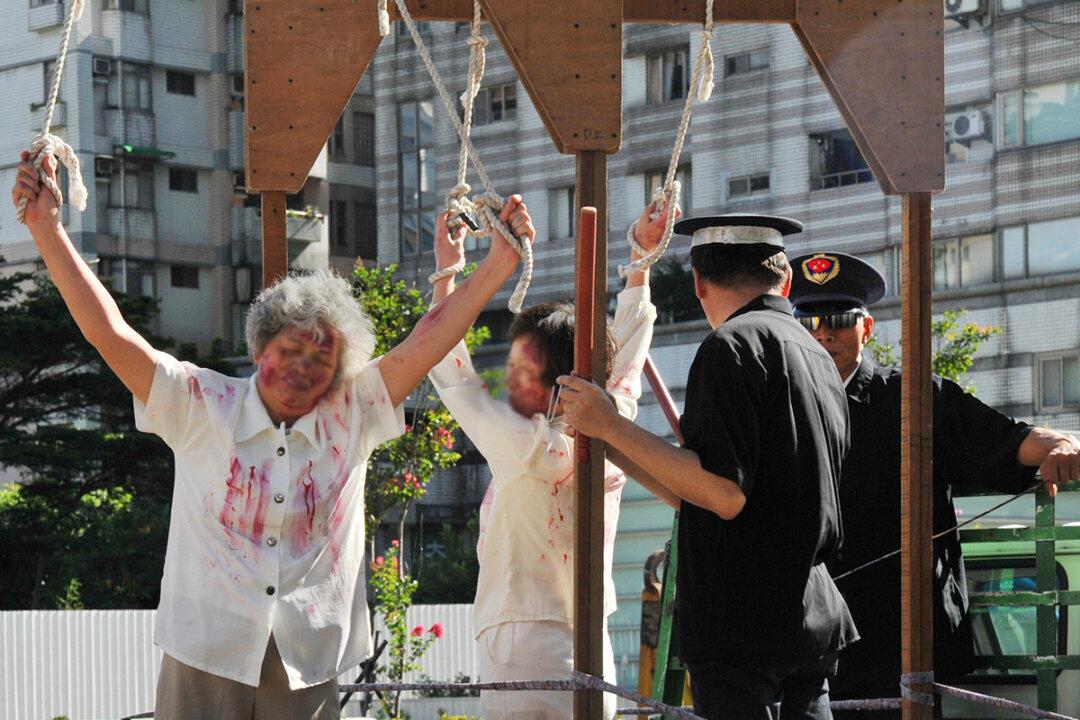If you have seen the 90s film “Pretty Woman,” Richard Gere would most likely be a familiar name. Aside from being a renowned American actor, he is also a humanitarian activist, a role that had caused an impact on his Hollywood career.
Richard Gere was an A-list actor who had starred in many movies and won a few awards, including the Global Globe Award for Best Actor.




![‘Killing You Would Be the Same as Killing Ants’: Prisons Where Innocent Citizens Are Tortured [PHOTOS]](/_next/image?url=https%3A%2F%2Fimg.theepochtimes.com%2Fassets%2Fuploads%2F2023%2F12%2F09%2Fid5544114-Falun-DaFa-practitioner-1080x720.jpg&w=1200&q=75)